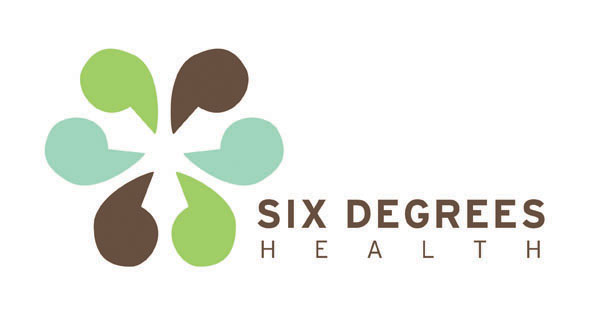Blood Deficiency Case Studies and Social Context
A common case study at Six Degrees is a client who has a habit of not caring for themselves as much as they care for others- someone who is always extending their efforts and energy to others while they deplete their own energy and resources. When this happens it trickles into many aspects of their lives. For example, a community worker & activist who works with many people, who eats on the go or frequently misses meals, often has headaches, period pain or irregularities, and fibroids. Her sleeping habits are irregular; she has insomnia or restless sleep. Rarely does she feel rested upon waking. Often, she struggles with states of scatteredness, has difficulty with concentration and focus, and has a poor short-term memory.
A specific example
A woman, age 28, came in for neck pain caused by a diagnosed cervical degeneration. She also has a history of anorexia, poor eating habits, anxiety and panic attacks. Using an intrauterine device for two years had caused severe menstrual cramps and heavy Blood loss. She was pale, had weak nails, a poor memory and fatigue, especially around and during menstruation. Her period is light.
The treatment involved keeping a food diary, making dietary changes, deep relaxation, stress reduction, and acupuncture once a week for 10 weeks.
We use the same series of acupuncture points each week to build blood. The food diary begins to foster awareness of food choices. We ensure she is getting Blood building foods and regular meal times.
After 10 weeks she feels stronger and her period is heavier. She is more clear headed, remembering more and experiencing less anxiety. Her neck pain has decreased significantly. She now comes once a month or during high periods of stress.
Blood deficiency in cis-gendered men and women
Blood deficiency in cis-gendered* men is often seen more in the tongue and pulse. It may manifest as restless legs, dry lips, dry skin, etc. There is no monthly period, so we cannot monitor the Blood balance with the person’s monthly experience of having a period. Instead, we take information from what the client says, feel the pulse and look at the tongue.
In cis-gendered women it is often easier to assess Blood deficiency because each month there is a release of Blood, and the quality, the quantity and the person’s experience of the period all contain information we can use to identify a degree of Blood deficiency.
*cisgender, cis = on the same side; meaning one’s sex generally meets with one’s gender
Blood deficiency in a trans context
Blood deficiency in trans people has the same symptomology and similar causes. We use the same diagnostic skills with an additional history of what life was like before transitioning.
We ask about what their periods were like before taking T. This gives us a picture of how this person’s state of Blood was before transition. We then use observation, questioning, tongue and pulse to confirm diagnosis. For trans-women, we also ask what their skin and hair were like before E, how sleep was, and how it may have changed since taking E.
Taking T and E may affect digestion, mood and energy flow in the body. The effects of these are taken into consideration and included in diagnosis.
Blood deficiency in a social context
At work we spend long hours that demand our attention and energy to go beyond their healthy limits. We skip meals, eat badly and push our mind and body to the edge to get done what has to be done.
TCM understands that we are a part of the environment we live in and that our body experience is not limited to just our bodies, but includes our interactions with the world around us.
Someone who is Blood deficient may have a habit of not caring for themselves as much as they care about others. Someone who is always giving out to others often has an imbalance in giving back to themselves. When this happens it trickles into many aspects of life.
In a grand context, this is a big problem and there is a lack of nourishment for many marginalized and oppressed peoples in this world today. Still, we must work together to see that if we do not nourish ourselves we cannot and will not be able to keep nourishing others. If we are working long hours, 5-6 days a week over the course of 10 years, we have to balance work with good lunch breaks, good vacations, and regular attention to self-care throughout the week in order to balance the intensity and amount of the work we do.
This is an excerpt from the Blood Deficiency Fact Sheet, which can be found under the Fact Sheets and Checklists section of this website.
